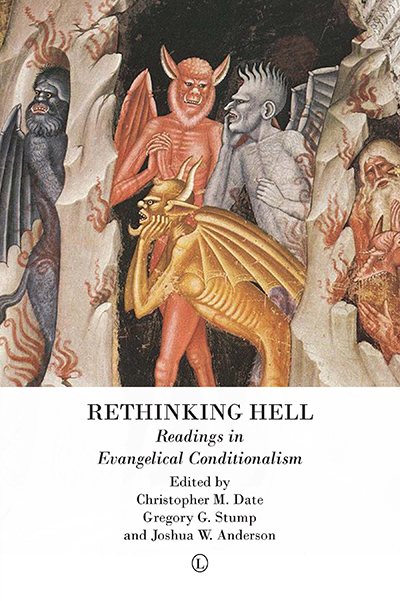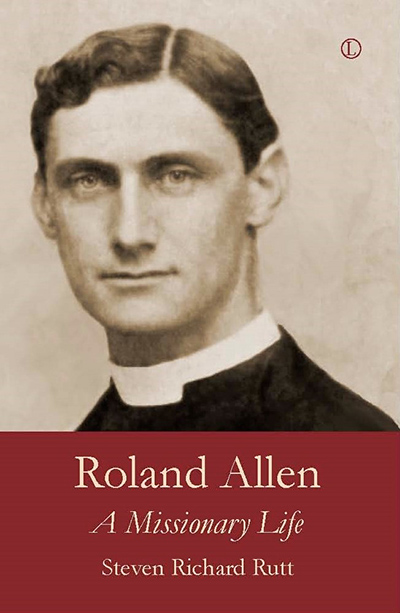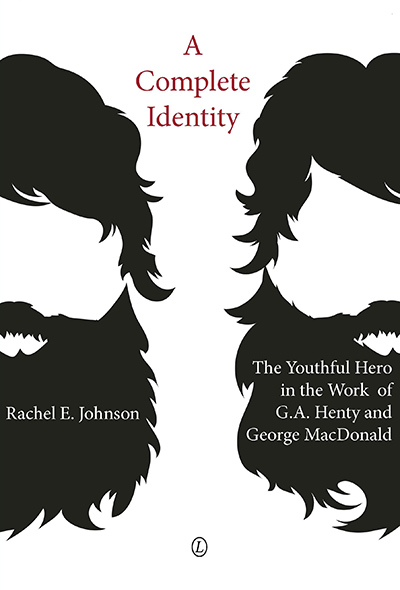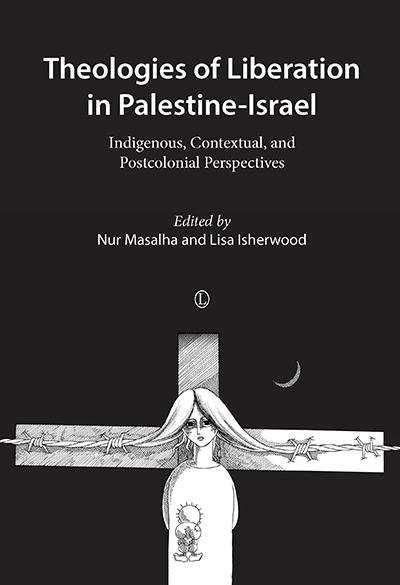Description
Many Christians believe that people who are not saved before they die will be punished in hell forever. But is this what the Bible truly teaches? Do Christians need to rethink their understanding of hell? In the late twentieth century, a growing number of theologians, biblical scholars, and philosophers began to reject the traditional doctrine of eternal conscious torment in hell in favour of a minority theological perspective called conditional immortality. This view contends that the unsaved are resurrected to face divine judgment, just as Christians have always believed. However, due to the fact that immortality is only given to those who are in Christ, the unsaved do not exist forever in hell. Instead, they face the punishment of the ‘second death’ – an end to their conscious existence. This volume brings together excerpts from a variety of well-respected evangelical thinkers, including John Stott, John Wenham, and E. Earle Ellis, as they articulate the biblical, theological, and philosophical arguments for conditionalism. These readings will give thoughtful Christians strong evidence that there are indeed compelling reasons for rethinking hell.
About the Author
Christopher M. Date is the principal blogger and podcaster of the Rethinking Hell project and works as a software engineer in the Pacific Northwest.
Gregory G. Stump is a graduate of Fuller Theological Seminary and serves as a pastor at a Baptist church in Southern California.
Joshua W. Anderson earned an MA in Philosophy from Talbot School of Theology and an MA in Theology from Fuller Theological Seminary; he teaches apologetics and theology at Ecclesia College in Springdale, Arkansas.
Other Contributors:
Basil F.C. Atkinson, former under-librarian of Cambridge University and influential evangelical author.
Ralph G. Bowles, priest in the Anglican Church of Australia, biblical scholar and theologian.
Henry Constable, 19th century Anglical clergyman and early advocate of conditionalism.
E. Earle Ellis, former Research Professor of Theology at Southwestern Baptist Theological Seminary.
Evangelical Alliance, body representing evangelical Christians in the UK.
LeRoy E. Froom, former Professor of Historical Theology at Andrews University and founding editor of Ministry Magazine.
Edward W. Fudge, evangelical theologian and author of The Fire That Consumes.
Peter S. Grice, founder of the Rethinking Hell project, president of Think Christianity, and director of the TELOS Program.
Harold E. Guillebaud, former Anglican archdeacon, missionary and translator of the New Testament.
Philip E. Hughes, former Anglican clergyman, New Testament scholar and theologian
Christopher D. Marshall, head of School of Art History, Classics and Religious Studies at Victoria University of Wellington.
Roger E. Olson, Professor of Christian Theology and Ethics, Truett Theological Seminary, Baylor University.
Kim G. Papaioannou, pastor, biblical scholar and former Professor of New Testament at AIIAS, Philippines.
Glenn A. Peoples, blogger and writer on religious and philosophical topics.
Clark H. Pinnock, evangelical theologian, teacher and author.
John R.W. Stott, Anglican clergyman, international evangelical leader and leading author of the Lausanne Covenant.
Richard G. Swinburne, Emeritus Nolloth Professor of the Philosophy of the Christian Religion, University of Oxford.
Anthony C. Thiselton, Professor of Christian Theology at the University of Nottingham.
Stephen H. Travis, former Vice-Principal and lecturer in New Testament at St John’s College, Nottingham.
John W. Wenham, Anglican clergyman, former Vice-Principal at Tyndale Hall and the Warden of Latimer House.
Ben Witherington III, Professor of New Testament for Doctoral Studies at Asbury Theological Seminary.
Nigel G. Wright, former Principal and lecturer of Christian Doctrine at Spurgeon’s College, London.
Contents
Foreword by John G. Stackhouse Jr
Preface by Gregory G. Stump
Acknowledgments
Permissions
Abbreviations
Editor’s Introduction by Christopher M. Date
Part One: Rethinking Hell
1. Igniting an Evangelical Conversation / Peter S. Grice
2. Introduction to Evangelical Conditionalism / Glenn A. Peoples
Part Two: Influential Defenses of Conditionalism
3. The Final End of the Wicked / Edward W. Fudge
4. The Nature of Final Destiny / Stephen H. Travis
5. Judgment and Hell / John R.W. Stott
6. The Destruction of the Finally Impenitent / Clark H. Pinnock
7. The Case for Conditional Immortality / John W. Wenham
Part Three: Biblical Support for Conditionalism
8. The Doom of the Lost / Basil F.C. Atkinson
9. New Testament Teaching on Hell / E. Earle Ellis
10. Does Revelation 14:11 Teach Eternal Torment? / Ralph G. Bowles
11. The General Trend of Bible Teaching / Harold E. Guillebaud
12. Claims about “Hell” and Wrath / Anthony C. Thiselton
Part Four: Philosophical Support for Conditionalism
13. Is the Soul Immortal? / Philip E. Hughes
14. Divine Justice / Henry Constable
15. Divine and Human Punishment in the New Testament / Christopher D. Marshall
16. A Kinder, Gentler Damnation? / Nigel G. Wright
17. The Future of the Totally Corrupt / Richard G. Swinburne
Part Five: Historical Considerations
18. The Development of Gehenna between the Old and New Testaments / Kim G. Papaioannou
19. Conditionalism in the Early Church / LeRoy E. Froom
Part Six: Conditionalism and Evangelicalism
20. Hell and Evangelical Unity / Evangelical Alliance
21. Diverse Christian Beliefs about Life beyond Death / Roger E. Olson
22. Equally Orthodox Christians / Ben Witherington III
Appendix A: Recommended Reading
Bibliography
Ancient Document Index
Endorsements and Reviews
This volume is to be welcomed and recommended for its usefulness in gathering together some of the most significant contributions from leading scholars and preachers who question whether the eternal conscious punishment of the wicked is a correct interpretation of the biblical teaching.
I. Howard Marshall, Professor Emeritus of New Testament, University of Aberdeen
Because the case for annihilationism is generally not well understood, this expertly chosen selection from often difficult to find writings, along with helpful introductory essays, will be immensely valuable to the church. Everyone, regardless of their current understanding, can welcome this historical and biblical resource that will make fruitful dialogue more possible than ever.
Terrance Tiessen, Professor Emeritus of Systematic Theology and Ethics, Providence Theological Seminary, Manitoba, Canada
[A] welcome compendium … Particularly helpful here is the reproduction of more obscure contributions from a generation earlier which paved the way for Wenham, Stott et al. to ‘come out’ for conditionalism …
David Hilborn, in Theology, Vol 118.6






